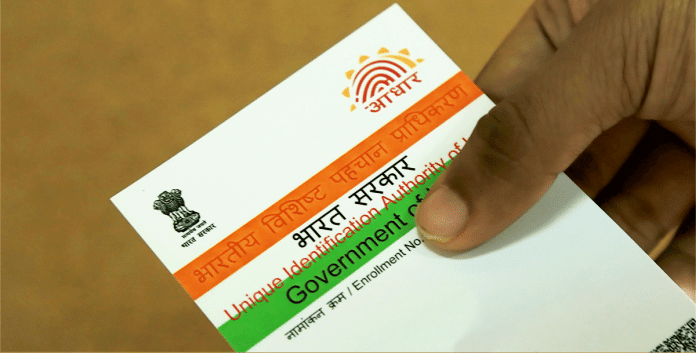The landmark Supreme Court judgment has had a direct influence on three very important cases — Aadhaar, Section 377 and data protection.
New Delhi: Exactly a year ago, on 24 August, 2017, the Supreme Court delivered one of its most important judgments in recent times — that the right to privacy is a fundamental right. The unanimous judgment by a nine-judge bench, however, clarified that this right is not absolute, and one cannot stop the state from formulating laws imposing reasonable restrictions on citizens.
The judgment opened the doors for the court to hear three very important cases — on the constitutional validity of Aadhaar, the right to sexual preference (Section 377), and a data protection law.
Also read: Why the legal challenge to Section 377 is much stronger this time
A five-judge Constitution bench has reserved its orders on the issue of Aadhaar and the plea that seeks to quash Section 377 that criminalised gay sex. The judgments are expected to be out soon, before Chief Justice Dipak Misra — who heads the bench — retires on 2 October.
The Centre has even has got a data protection bill drafted — the Personal Data Protection Bill, 2018, authored by the Justice B.N. Srikrishna Committee — which has drawn a lot of flak for its alleged frailties.
The complex Aadhaar problem
While the argument on Section 377 is almost settled by law and the draft of the data protection bill is out with all its alleged frailties, the issue surrounding Aadhaar is not so simple.
From reports of newborns being denied a birth certificate for failing to enrol for Aadhaar to the TRAI chief R.S. Sharma’s dare that backfired, there are many recent examples of the dangers of Aadhaar.
Earlier this week, speaking at an event via video conference, former CIA employee and whistleblower Edward Snowden set off alarm bells when he said Aadhaar was nothing but a mass surveillance system which would lead to the death of one’s civil rights.
“People are creating mandatory enrolment that is forcing identity on people throughout the country, to the point where you cannot have a child and get a birth certificate unless you provide your Aadhaar number,” Snowden had said.
Also read: Data protection report ready but still no agreement on including Aadhaar
“…They are not just demanding the number, they are demanding that you show them the physical card. This is creating a systemisation of the society, of the public, and this was not the stated intention of the programme.”
While one appreciates and welcomes the right to privacy, the concern remains over the proviso that it is not an absolute right. And while the Supreme Court judgment on Aadhaar, when it comes, will settle the issue one way or another, concerns over the ground realities of Aadhaar will remain.






